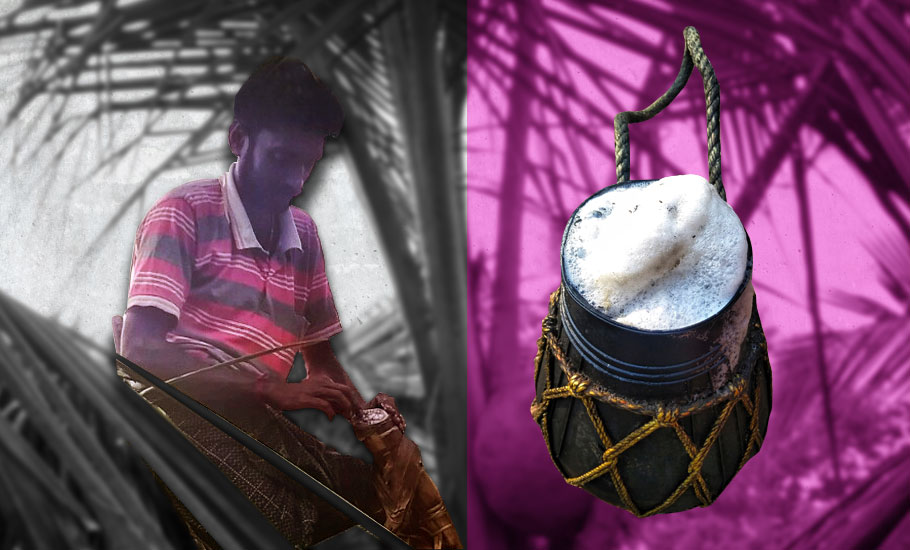
Five takeaways from Kerala's liquor policy: Toddy gets a kick-up

The Kerala government on Wednesday approved the new liquor policy for the fiscal year 2023-24 with a series of measures to promote the sale of traditional toddy as well as Indian-made foreign liquor (IMFL).
A Cabinet meeting chaired by Chief Minister Pinarayi Vijayan approved the liquor policy for the year 2023-24 on Wednesday, a CMO statement said. The policy is aimed at branding toddy as the state’s authentic and natural alcoholic beverage. Addressing a press conference on Wednesday, Excise Minister MB Rajesh said that the toddy produced in Kerala would be branded as ‘Kerala toddy’ and marketed as Kerala’s traditional, natural beverage.The number of retail IMFL outlets will also be increased. Here are the key takeaways from the new liquor policy.
Also read: Kerala Police case against mic operator for glitch during CM’s speech kicks up a row
1. Promoting toddy
As per the new liquor policy, toddy tapping would be encouraged across Kerala on a coconut plantation basis. Hotels with three or more stars and resorts in tourist destinations would be allowed to tap toddy from coconut trees on their premises.
A communication from the chief minister’s office said that toddy shops would get a facelift as the state government would make sure that they serve unadulterated toddy and Kerala delicacies with an aim to attract foreign tourists. Moreover, Kudumbashree, the state’s poverty alleviation mission, would be entrusted with the responsibility of making value-added products from unsold toddy. The government will also track toddy movement from one place to another.
2. IMFL manufacturing
The government would promote the manufacture of IMFL, including hard liquor and beer, within the state. The state-owned Bevco is currently the sole agency for procuring and distributing IMFL and it relies on distilleries elsewhere in the country for the bulk of its demand. Manufacture of extra neutral alcohol, the main component of IMFL, would be promoted in the state.
The communication also said that all licensed IMFL retail outlets would be opened. At present, only 309 of the 559 retail outlets with licences are functioning. The policy also encourages the export of IMFL from the state by restructuring the high export and brand registration fees. At tourist locations, hotels and restaurants would be given special licences to serve beer and wine in seasons.
3. Bar licence fee hiked
The government has also decided to enhance the bar licence fees from Rs 30 lakh to Rs 35 lakh. Apart from the hike in bar licence fee, the licence fee to serve liquor in clubs for seamen and marine officers will be increased from Rs 50,000 to Rs 2 lakh. To ensure transparency in liquor sales QR codes will be affixed on liquor bottles sold through the Bevco.
Also read: Kerala survey: Most women on career breaks want to get back, wish for govt support
4. Sale in industrial parks
A year after allowing the sale of legal alcohol in specially designated areas in IT parks, the latest policy makes a provision for similar arrangements in industrial parks too. The rule amendments for starting bars in IT parks are currently in the works and are set to be placed before a subject committee of the Kerala state assembly. The latest policy also allows for the brewing of low intensity liquor and wine from fruits.
5. Drive against drugs
The new liquor policy also proposes to further strengthen ‘Vimukthi’, the government’s ambitious campaign against the use of liquor and narcotic substances, particularly among school students. The government has already constituted ‘Vumukthi Clubs’ in the schools across the state. Student police members have also been deployed along with excise officials to carry out a detailed study to reduce narcotic consumption among youngsters. Measures would also be initiated to declare panchayats as ‘Vimukthi model panchayats’ considering their actions with regard to the anti-drug campaign.


